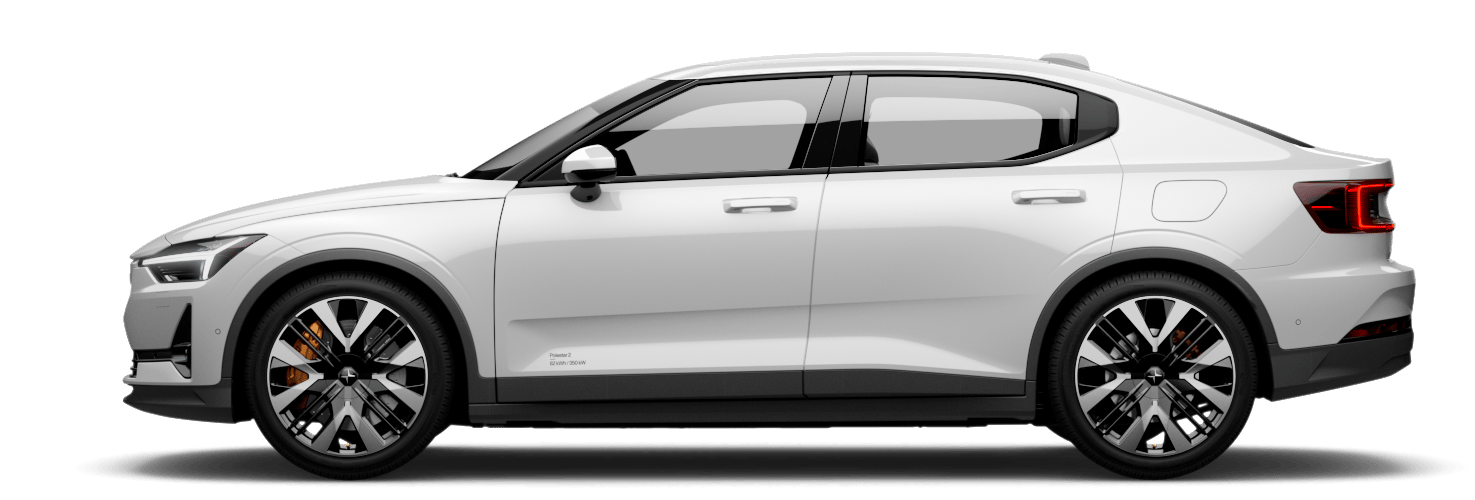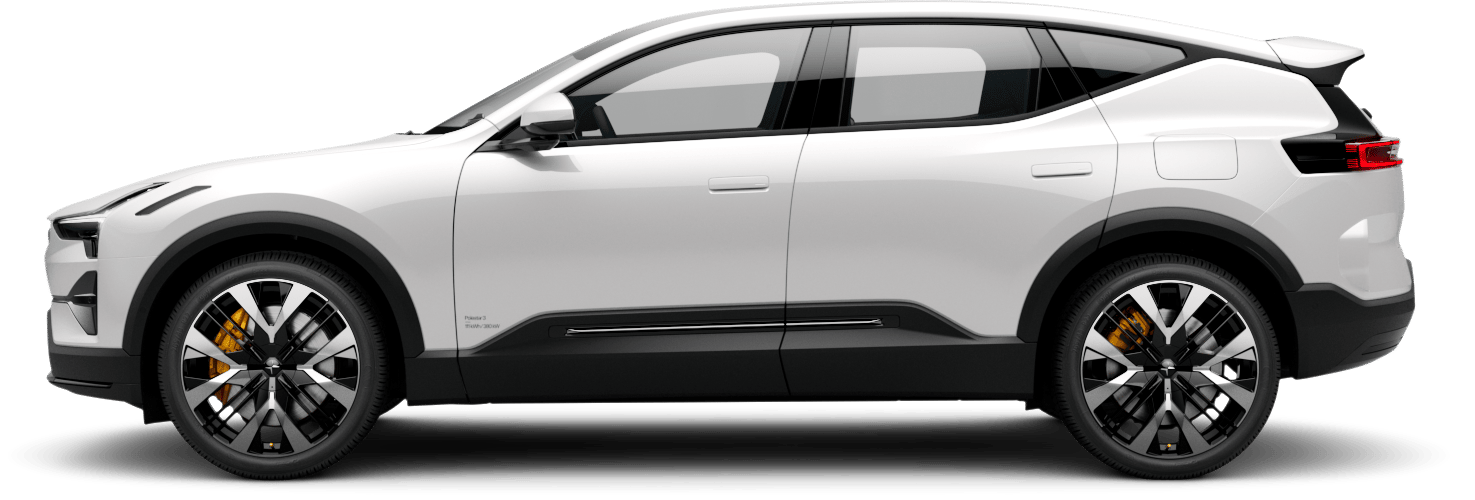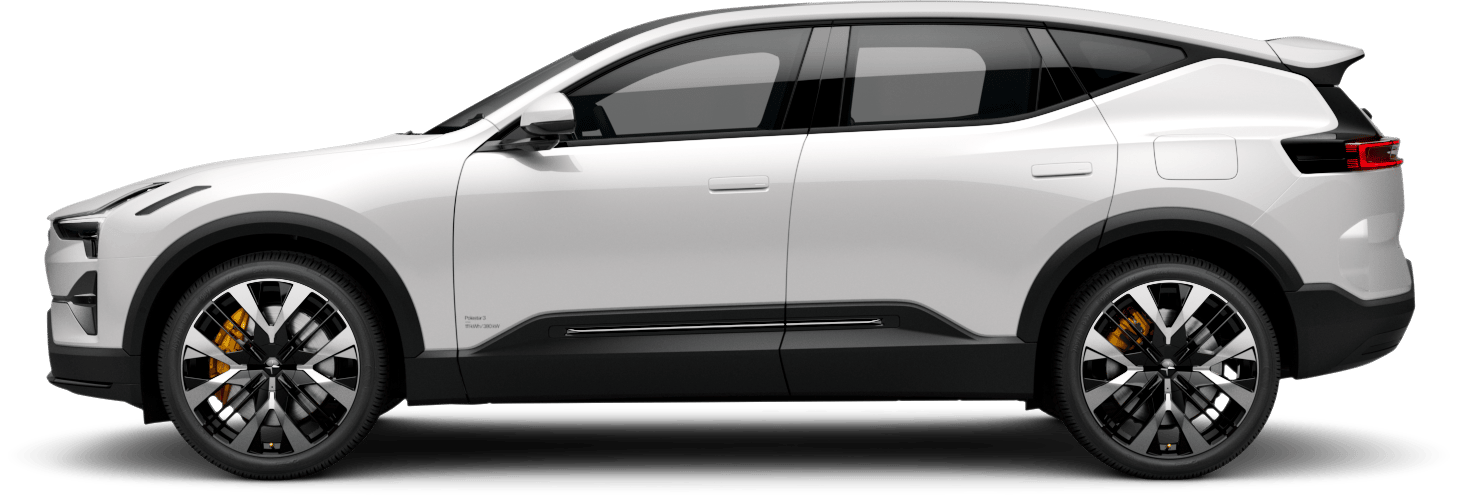Striving for zero: the 2030 climate-neutral car plan
It's said that a journey of a thousand miles begins with a single step. We've already broken up with the conventions of the car industry, determined to accelerate the change to a more sustainable future. Now we're embarking on our greatest journey so far: challenging ourselves to create a climate-neutral car by 2030, by reducing emissions throughout the supply chain and production.
This is a historic and exciting time for car makers, an opportunity to seize the moment and do better.
We call it the Polestar 0 project.
The project was revealed to the world in Polestar's first-ever annual review, vowing to eliminate all emissions throughout the supply chain and production of the car. Until there are offsetting solutions with proven results, this approach must be viewed as a last resort. Instead, focus will be placed on reducing the emissions that can be mitigated, either directly or indirectly. This means that all parts of Polestar's supply chain are to reach our targets without resorting to offsetting by tree planting or other schemes relying on the CO2 intake of crops. Ultimately, the aim is a car that will leave factory gates with a zero-carbon footprint.
Polestar 0 will be characterized by innovative and circular designs, including circular batteries, recycled materials, and renewable energy across the supply chain.
It's unprecedented. It's a challenge. And we've got nine years to make it work.
A crucial first step on this journey is full transparency, without which all other efforts are invalid. Accordingly, from now a product sustainability declaration will be published for all Polestar models, starting with disclosing the carbon footprint, and also traced materials, on the company website and in Polestar spaces. The same will be done for all future models. More parameters, such as recycled/renewable materials, will be incorporated in the product labeling over time. Other steps include running one of the most environmentally responsible car factories in China, powered by 100% renewable electricity.
"As an electric car maker, we don't have to worry about combustion engines producing toxic emissions, but that doesn't mean our job is done. Now we must focus all our efforts on cutting emissions in the supply chain and in the production of our cars. This is a historic and exciting time for car makers, an opportunity to seize the moment and do better. For the first time we can dare to dream about a future with climate-neutral, circular but still beautiful, cars, and the human right of air that is cleaner to breathe," comments Polestar's Head of Sustainability, Fredrika Klarén.
At Polestar, we're driven by determination. We know there are countless miles to get to net zero. Here's to taking the first step.
*Recent research has revealed that relying on the current trend of offsetting by planting trees is not sustainable in the long run. It would mean using too much land, and the long-term carbon-storage capacity of forests and soils is not well known. Offsetting by planting trees also risks contributing to monocultures and loss of biodiversity. Additionally, there can be no guarantee that a forest won't later be logged, devastated by a forest fire, or altered by climate change.








